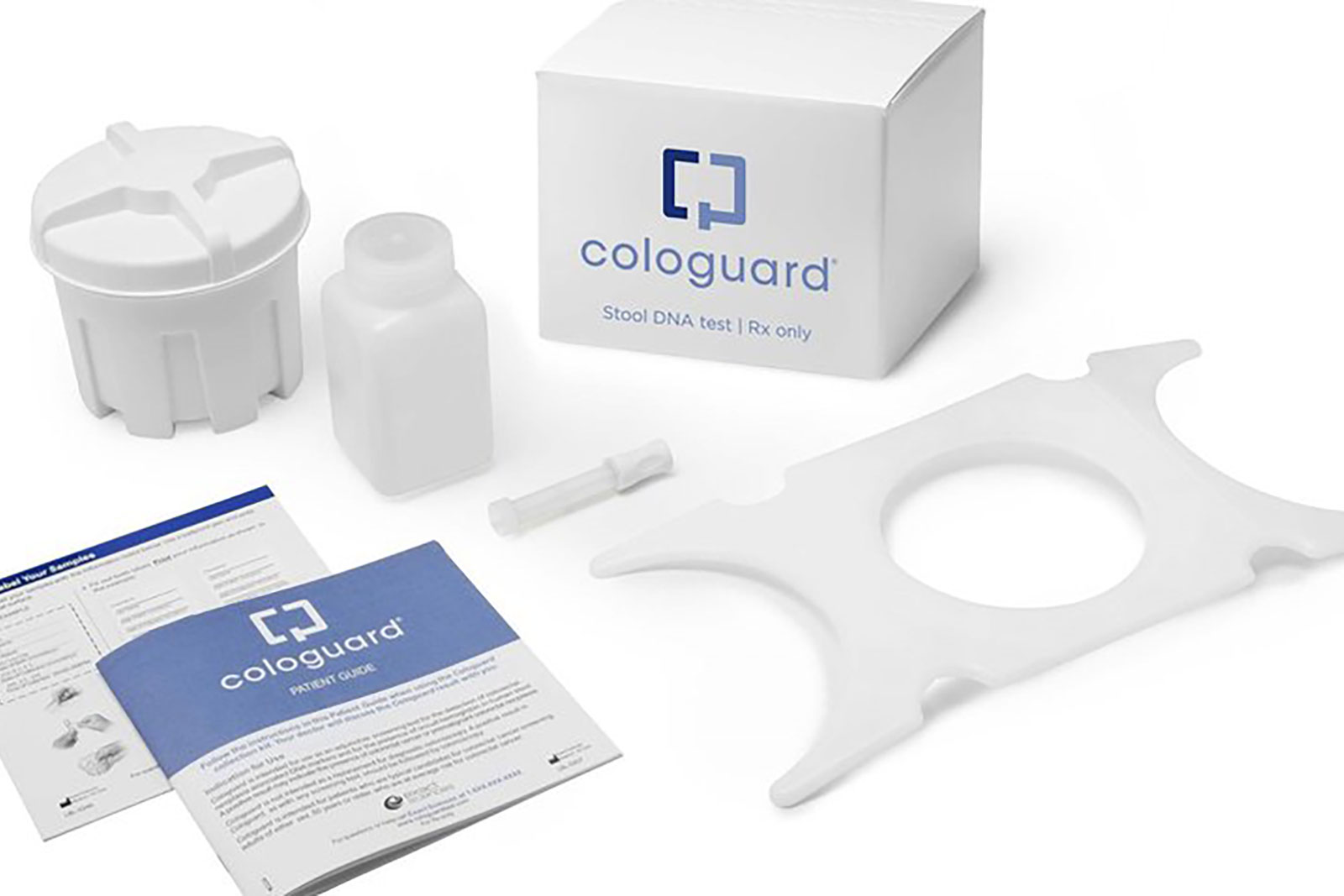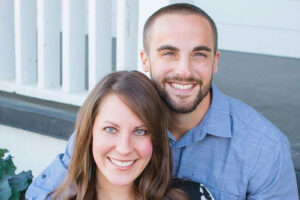Yla Flores never thought she would be diagnosed with colon cancer, especially because she experienced no symptoms. But when both her Cologuard and subsequent colonoscopy results came back positive for cancer, Flores’ whole world flipped upside down.
“There’s nothing that I can think of going back that I can say ‘I missed that’ or ‘I didn’t see that’ or anything of the sort,” explains Flores. “It was really shocking to wake up after my colonoscopy and [have] a cancer diagnosis.”
Before her cancer diagnosis, Flores, 56, was working full time, traveling and spending time with friends and family—she was just living her life. When it came time to schedule her annual doctor appointments in 2020, it felt different to Flores.
“I usually procrastinate [scheduling my appointments] and that year, for some reason, something inside of me was like, ‘You know what, schedule all your doctor visits for the beginning of the year in January and get them over and done with; just move forward and don’t procrastinate,’’’ Flores says.
That’s what she did. When Flores went to her well woman exam in January 2020, her doctor offered her Cologuard as an at-home option for colon cancer screening. After following the instructions and sending in the completed Cologuard test, Flores went about her daily life—until a call came from her doctor’s office four days later.
“My doctor’s office calls me and I’m thinking to myself [that] they’re just calling me to tell me everything’s OK. That was not what happened. They called me and they told me that I had a positive result on Cologuard,” Flores recalls.
As part of her treatment, Flores underwent six months of chemotherapy and had a foot of her colon removed to clear out the cancer.
“It did take a while to get back to myself [after treatment],” says Flores, “but overall I feel completely blessed so far, and I hope and pray it continues. So far I had some clean scans, so that’s always good to hear when I go. I think it’s scary because I just never had a clue. To me that’s the scariest part of it all: The fact that you could literally be living your life and then this comes out of nowhere.”
It may be uncomfortable [or] embarrassing, but this is what we need to do to stay healthy.
When a positive test result happens on an at-home screening test, like what Flores experienced, a colonoscopy is needed to verify the results. Dr. Angela Nicholas, primary care physician and chief medical officer of Einstein Physicians Montgomery, stresses the importance of colon cancer screening and says there’s many different screening options an individual can choose from, depending on the person’s risk factors.
“The at-home screenings tests are for those of average risk of colon cancer, not high risk,” Nicholas explains.
High risk would be somebody who has a family history of colon cancer, especially family members diagnosed before the age of 45–50.
“[Those individuals] need to talk to their doctor about the appropriate time [to get screened]. Typically, it’s about 10 years prior to when their loved one was diagnosed with colon cancer. If you have a history of ulcerative colitis or Crohn’s disease, you probably need colonoscopies sooner than age 45 and not a FIT test or a Cologuard test,” Nicholas continues.
The age of colon cancer is also shifting earlier and earlier, with all genders under the age of 45 getting diagnosed.
“Everybody that has a colon has a risk of getting colon cancer,” Nicholas expresses. “It’s not men, it’s not women—it’s everybody now.”
When it comes to screening for colon cancer, Nicholas highlights the importance of taking your health in your own hands.
“It is a screening test meant to save your life,” she says. “It may be uncomfortable [or] embarrassing, but this is what we need to do to stay healthy.”







